There are many home remedies for colds. But not everything really helps. Some methods can additionally strain the immune system or further irritate the mucous membranes.
Many people quickly resort to home remedies when they have a cold to relieve the symptoms. However, some supposedly harmless healing methods can delay recovery or even aggravate the cold.
So that your cold does not last longer than necessary, you should know which remedies actually help and which are more harmful.
Dry cough: hands off chamomile
For dry cough, chamomile tea is often used, as chamomile is known for its calming effect. However, this plant can be counterproductive for irritating coughs. Chamomile has a drying effect on the mucous membranes, which can further increase the already dry cough.
Instead of relief, the coughing stimulus can worsen as a result. More suitable in this case are moisturizing agents, which soothe the mucous membranes and alleviate the coughing sensation.
Hot milk? Better not with a mucoous cough
Hot milk with honey is considered a classic home remedy for colds, but be careful: with coughing, the consumption of hot milk can even aggravate the problem.
Milk promotes the production of mucus in the respiratory tract, which is especially unfavorable for mucous coughs. Instead of relieviating the cough, the tough mucus can be more difficult to cough up.
In addition, the fat content contained in the milk can irritate the mucous membranes. Instead, you should use drinks that soothe the throat and support the solution of mucus, such as herbal teas or warm water with honey.
Medications for colds: You should pay attention to this
Despite unpleasant symptoms, one should not immediately resort to strong medication, as Hans-Michael Mühlenfeld from the German General Practitioners’ Association emphasizes.
Many people rely on proven home remedies such as onion bags for the ears, steam baths, gargling or the classic chicken soup. Even if these remedies cannot cure a viral infection, they are still useful and support the body in its regeneration.
In addition, they often help to make the symptoms more bearable without unnecessarily burdening the body with medication. By working against the virus itself, the body strengthens the immune system – which promotes the healing process in the long term.
